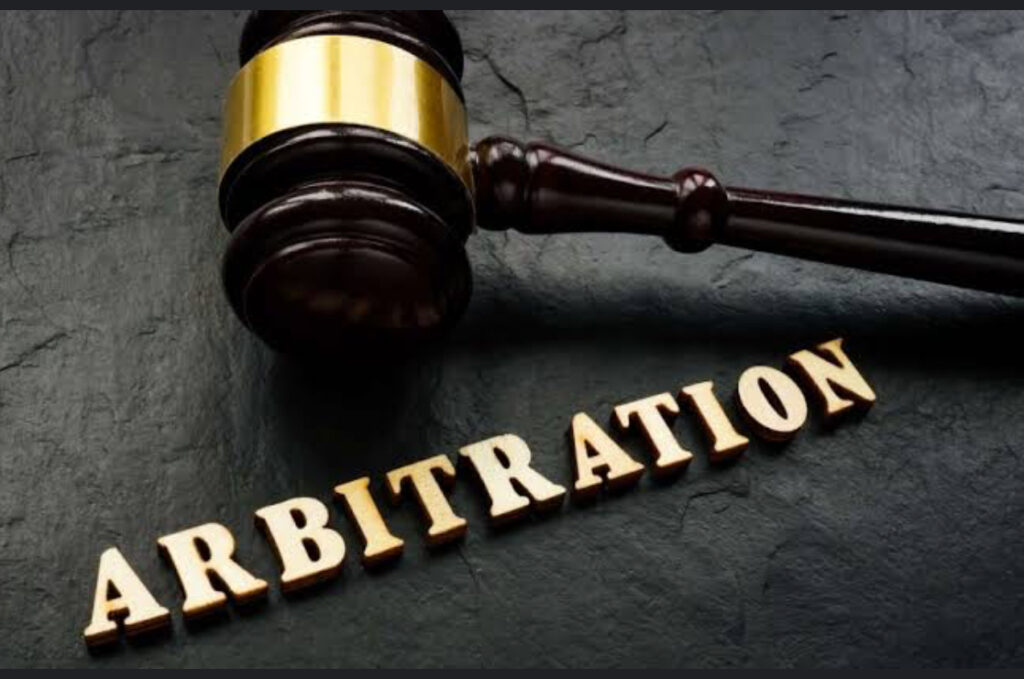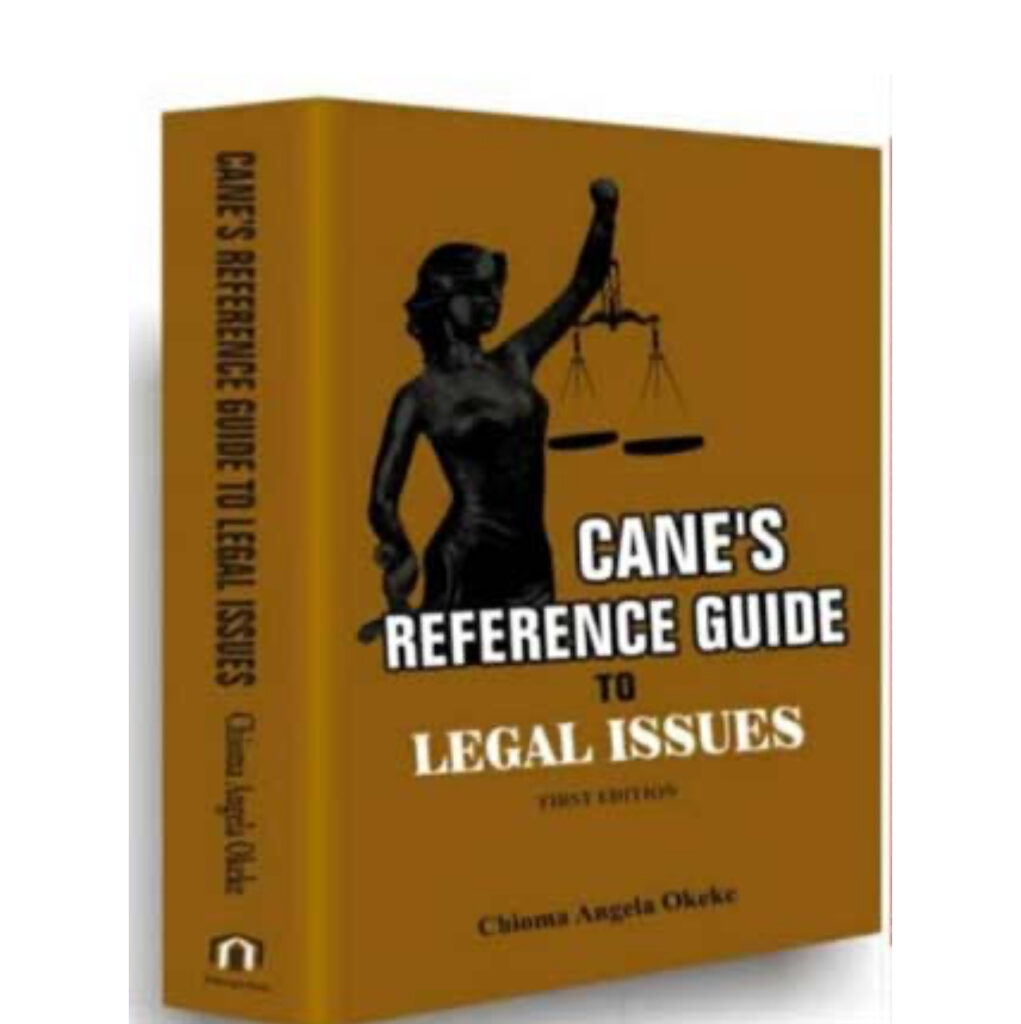
India / June 3 2024
Arbitration is an alternate dispute resolution mechanism chosen by the parties to a contract incorporating the arbitration agreement, wherein a third party is chosen and appointed to resolve the disputes and which is why arbitrators are commonly referred to as creatures of a contract. The ethos and first principle on which the arbitration mechanism functions is party autonomy i.e. freedom to choose an arbitrator acceptable to both parties to the agreement, embedded in the principle of natural justice being ‘Nemo judex in causa sua[1]’.
Recently, an interesting legal issue arose before the Delhi High Court in a judgment[2] as to whether a party who has unilaterally appointed an arbitrator, can himself/itself raise an objection as to ineligibility of such arbitrator and whether there can be a deemed waiver by appointing party against such objection.
History
The principle of party autonomy is a cornerstone of arbitration. However, this principle clashes with the need for impartiality and independence of arbitrators in India. This tension is particularly evident in the context of unilateral appointment of a sole arbitrator, where one party seeks to appoint the arbitrator without the consent of the other.
Significantly, independence and impartiality are two different concepts. An arbitrator may be independent and yet, lack impartiality, or vice versa. Impartiality, as is well accepted, is a more subjective concept as compared to independence. Independence, which is more an objective concept, may, thus, be more straightforwardly ascertained by the parties at the outset of the arbitration proceedings in light of the circumstances disclosed by the arbitrator, while partiality will more likely surface during the arbitration proceedings.
The Arbitration and Conciliation Act, 1996 (‘the Act’) governs arbitration in India wherein Section 12 of the Act mandates the appointment of impartial and independent arbitrators. Further, the Seventh Schedule to the Act lays down circumstances that render a person ineligible to be an arbitrator. Section 12(5) read with the Seventh Schedule, has been interpreted to suggest that a sole arbitrator appointed by one party is ineligible, as the process lacks fairness and potentially compromises impartiality.
Rule against bias is one of the fundamental principles of natural justice which is applied to all judicial and quasi judicial proceedings. It is for this reason that notwithstanding the fact that relationship between the parties to the arbitration and the arbitrators themselves are contractual in nature and the source of an arbitrator’s appointment is deduced from the agreement entered into between the parties, notwithstanding the same, non-independence and non-impartiality of such arbitrator (though contractually agreed upon) would render him ineligible to conduct the arbitration.
In the recent judgments of TRF Limited vs. Energo Engineering Projects Limited[3] and Perkins Eastman Architects DPC vs. HSCC (India) Limited[4], the Supreme Court of India has held that appointment of arbitrators by persons who are themselves ineligible to act, cannot be permitted. Such an appointee would be de jure ineligible to act as an arbitrator. The judgment of the Supreme Court in Bharat Broadband Network Ltd. v. United Telecom Limited[5] further held that waiver under the proviso to Section 12(5) of the Act requires an express agreement in writing to that effect, and that the conduct of the parties, including participation in the arbitral proceedings, would be insufficient to infer such waiver.
Therefore, the answer to the query whether an arbitral award rendered by a person who is ineligible to act as an arbitrator is valid or binding on the parties, is clearly, in the negative. The arbitral award rendered by a person who is ineligible to act as an arbitrator cannot be considered as an arbitral award. The ineligibility of the arbitrator goes to the root of his jurisdiction. Plainly an arbitral award rendered by the arbitral tribunal which lacks the inherent jurisdiction cannot be considered as valid and is liable to be set aside.
Analysis of the Judgment
In the case at hand, AAI filed petitions under Section 34 of the Act challenging two arbitral awards, dated 01.08.2020 and 17.10.2020, by which a learned sole Arbitrator has adjudicated claims and counterclaims arising under a Supplementary License Agreement dated 23.03.2007. By the award dated 01.08.2020, certain claims of TDI were awarded and by the award dated 17.10.2020, certain claims raised by AAI were rejected by the sole Arbitrator.
Before the Delhi High Court, AAI raised a preliminary point that the learned Arbitrator was unilaterally appointed by the Chairman, AAI in respect of TDI’s claims, and the awards are, therefore, void ab initio in light of the judicial precedents. The said contention was opposed by TDI stating that the principles governing the validity of an award made by a unilaterally appointed arbitrator, ought not to prevail in a case when the arbitrator had been appointed by the party seeking to challenge the award. He submitted that Section 12(5) of the Act itself incorporates a proviso for wavier by express agreement in writing, and that the appointment of the learned Arbitrator by a party, constitutes such an express waiver. He further pointed that both the parties both submitted their respective disputes before the learned Arbitrator for adjudication and no such plea ought to be entertained at this stage especially when the learned Arbitrator had recorded that the parties do not object to the constitution of the tribunal.
The High Court while allowing the petitions filed by AAI and rejecting the contentions of TDI observed that the challenge under section 12(5) is attracted in a case where the arbitrator becomes de jure ineligible to perform his function by reason of falling in one or more of the categories specified in the Seventh Schedule to the Act. In such circumstances, since an arbitrator so appointed inherently lacks jurisdiction to act as an arbitrator, the very appointment of the arbitrator and the arbitral proceedings conducted are rendered void ab-initio. Further, unlike Section 4 of the Act which deals with deemed waiver of the right to object by conduct, the proviso to Section 12(5) will only apply if subsequent to disputes having arisen between the parties, the parties waive the applicability of sub-section (5) of Section 12 by an express agreement in writing. Therefore, any waiver must be “express” and “in writing” and must have been granted “subsequent” to disputes having arisen between the parties. Even if it is assumed that a party had participated in the arbitral proceedings without raising any objection to the appointment of the learned Arbitrator, it is not open to hold that he had waived his right under Section 12(5) of the Act. This agreement must be an agreement by which both parties, with full knowledge of the fact that the arbitrator is ineligible to be appointed as an arbitrator, still go ahead and say that they have full faith and confidence in him to continue as such. The said agreement in writing must reflect awareness, on the parties, to the applicability of the said provision as well as the resultant invalidation, of the arbitrator, to arbitrate on the disputes between them, as well as a conscious intention to waive the applicability of the said provision, in the case of the disputes between them.
The facts of the present case disclose no such express agreement. The Court set aside the awards by concluding that once the Arbitrator becomes disabled and ineligible to act under Section 12(5) of the Act, it is not even necessary to examine the question whether the party in disagreement with the appointment had raised an objection to the appointment and even if it is assumed that the said party had participated in the arbitral proceedings, without raising any objection to the appointment, it is not open to hold that it had waived its right under Section 12(5) of the Act.
Anhad Law’s perspective:
The judgment is significant on the issue of validity of appointment of arbitrator by parties in terms of the arbitration agreement as the legal landscape surrounding unilateral appointment of sole arbitrators in India is in flux. While recent judgments of Supreme Court established a strong preference for impartiality, exceptions might exist under certain conditions such as:
- Persona Designata Arbitrator: If the arbitration clause designates a specific individual (e.g., Chief Justice of a High Court) or arbitral institution to appoint the arbitrator or a named arbitrator or a sole arbitrator to be chosen from a panel of arbitrators, it might be seen as less susceptible to bias and more acceptable.
- Waiver after Dispute Arises: The Act allows parties to waive ineligibility criteria through a written agreement after the dispute arises. This suggests that parties could potentially agree to a unilateral appointment at that stage.
- Mutual Agreement Post-Dispute: If both parties mutually agree to the appointment of a sole arbitrator after the dispute has arisen, the appointment can be considered valid despite the initial unilateral clause. The emphasis is on the consent of both parties post-dispute.
- Institutional Arbitration Rules: When parties have agreed to arbitration under the rules of an established arbitration institution (e.g., ICC, LCIA, SIAC, DIAC), and those rules provide a mechanism for the appointment of arbitrators, including a sole arbitrator, such appointments are generally upheld. The institutional framework ensures neutrality and fairness.
- Default Appointment by Court: If a party fails to appoint an arbitrator within the stipulated time and the other party approaches the court for the appointment, the court’s appointed arbitrator is considered neutral. This scenario ensures that the arbitration process is not stalled due to unilateral actions.
- Emergency Arbitration: In cases requiring urgent interim relief, the appointment of an emergency arbitrator by one party under specific arbitration rules (like those of SIAC) may be necessary and permissible. The temporary nature and the pressing need for immediate action justify such appointments.
The legal landscape on appointment of arbitrator is still evolving, and courts might take a nuanced approach depending on the specific circumstances. Therefore, for parties considering arbitration in India, the following recommendations are crucial:
- Draft a clear and unambiguous arbitration clause addressing the appointment process of a sole arbitrator and the method for selection.
- If opting for a unilateral appointment, ensure a written waiver from the other party after the dispute arises.
- Unilateral Appointment with Caution: Even with potential exceptions, unilateral appointments remain risky. Parties should proceed with caution and be prepared for challenges from the other side.
- Consider alternative dispute resolution mechanisms like mediation if concerns about impartiality persist.
- Consider opting for legal counsel to navigate these complexities effectively.
- 1. no man can be a judge of his own cause.
- 2. Airports Authority of India (AAI) Versus TDI International India Pvt Limited, pronounced on May 28,2024
- 3. (2017) 8 SCC 377
- 4. (2020) 20 SCC 760
- 5. (2019) 5 SCC 755

